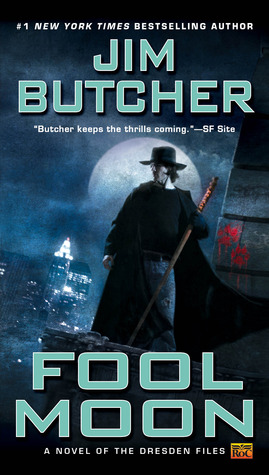 Downbelow Station is Sword and Laser’s March book pick. I’d read Jan and Feb’s so I thought I’d continue. Plus it looked good.
Downbelow Station is Sword and Laser’s March book pick. I’d read Jan and Feb’s so I thought I’d continue. Plus it looked good.
Downbelow Station takes place in 2352/3 in a future history where space has been colonized but mostly through space stations. Downbelow Station, orbiting the world of Pell, is one of the few attached to a life-supporting world. Most of the action centres around Pell/Downbelow (the terms are used interchangeably for both the station and the planet) but also takes place in space. The main players are the Earth Company – which is the company that initially began exploration and colonization and is involved in trade, the Company Fleet who are now acting somewhat independently of the Company itself, the Union Alliance – a break-away group of colonies at war with the Fleet (and to a lesser extent the Company) and then a motley group of merchanters who just want to trade and make money with whomever will deal with them. Oh and Pell station itself who is attempting to be independent but as the book begins, and the boundaries between Earth and Union space are being re-drawn, finds itself at the strategic centre of pretty much everyone’s plans.
I want to say I enjoyed this more than I did because it has some very good elements. If you enjoyed the kind of complex SciFi story, where different factions are presented with their pros and cons and there’s not necessarily clear lines between heroes and villains, something that deals with the gritty realities of space war and the mundane, as well as the macro level politics and economics of it – something a lot like say the rebooted Battlestar Galactica say, then there’s a good chance you’ll enjoy this. It has all those elements and Cherryh wields them well into a compelling story.
But. There had to be a but. There’s something about her writing style, her sentence construction, that threw me off. I can tell you because I measured it (yep the spreadsheet is back with a vengeance) that my reading speed halved from its normal level during the reading of this book. In fact I took a decision early on to “power through” and pretty much read it in a couple of days last weekend, partly because I was worried that if I put it down for any length of time I wouldn’t pick it up again.
Now not everyone will feel this way. Some will enjoy her prose no doubt, but I do know from the S&L Goodreads group that I’m far from the only one with this problem. Which is a shame because I think there’s a great story there but for me it was like wading through treacle to get to it.
One unrelated issue I had with this book was the portrayal of the book’s aliens, the Hisa or Downers. They are a race of primates, a little smaller than humans that are indigenous to Pell. They are less intelligent than humans, have a simpler culture and seem to be wholly subservient to them, happy to become lower status workers on both the planet and the station. Whilst they have their own culture and language we mostly hear them speak broken English (humans generally haven’t mastered Hisa speech), and even in scenes where only Hisa are present their language seems simple which is what makes me think we’re supposed to see them as less intelligent.
Whilst in one sense they are alien and it’s just as plausible that a race like the Hisa could exist as some super-intelligent cosmic overlords – the way they are presented, the way they interact with humans, their simple but profound spirituality, the way their personalities are largely interchangeable and they seem to have no conflicts amongst themselves (and I mean even conflicts of opinion pretty much), the way they are treated by humans stands as an easy indicator of moral virtue (the patronising ‘good’ humans v the ‘bad’ dismissive and exploitative ones) – all this added up to a portrayal that looked very like the Noble Savage – and that left me uncomfortable.
But that aside the story was good, if you can make it through the language.
6/10 – there’s a good story there if you can see it.
 This book is part of a new mini project I’m doing over the next month or so which concerns re-reading. I’ll cover this in more detail in another post shortly but for now all you need to know is that I chose this book at random from a shortlist.
This book is part of a new mini project I’m doing over the next month or so which concerns re-reading. I’ll cover this in more detail in another post shortly but for now all you need to know is that I chose this book at random from a shortlist.





